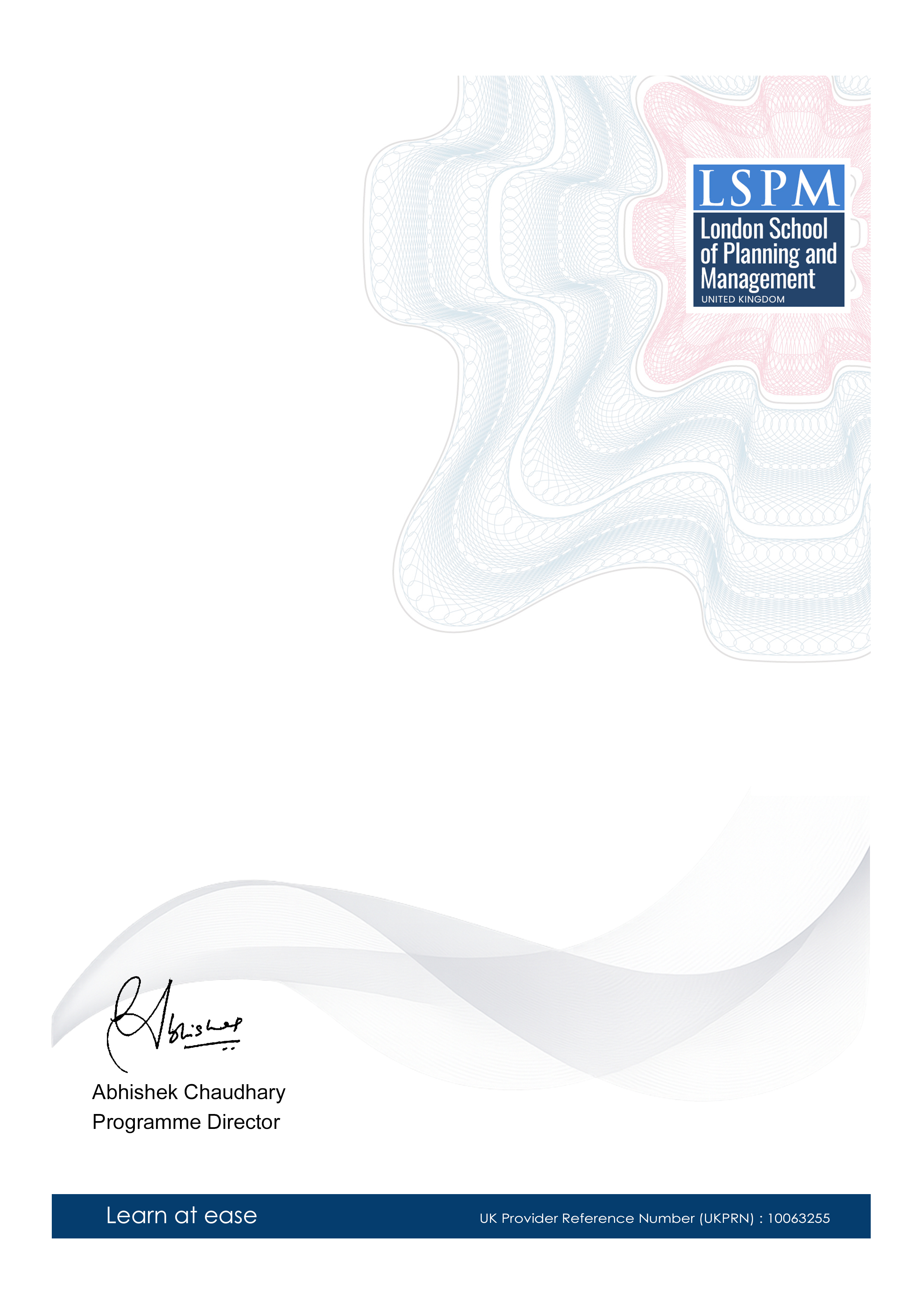Career Advancement Programme in Humanitarian Budgeting and Finance
-- viewing nowThe Career Advancement Programme in Humanitarian Budgeting and Finance is a comprehensive certificate course that equips learners with essential skills for success in the humanitarian sector. This program emphasizes the importance of effective financial management in humanitarian operations, empowering learners to make informed decisions, reduce waste, and maximize the impact of limited resources.
2,569+
Students enrolled
GBP £ 149
GBP £ 215
Save 44% with our special offer
About this course
100% online
Learn from anywhere
Shareable certificate
Add to your LinkedIn profile
2 months to complete
at 2-3 hours a week
Start anytime
No waiting period
Course details
• Introduction to Humanitarian Budgeting and Finance: Understanding the key concepts, principles, and best practices in humanitarian budgeting and finance.
• Financial Management in Humanitarian Contexts: Analyzing the unique challenges of financial management in the humanitarian sector and exploring strategies to overcome them.
• Budgeting for Humanitarian Programmes: Learning the process of creating and managing budgets for humanitarian interventions, including needs assessment, cost estimation, and budget monitoring.
• Financial Reporting and Accountability: Examining the importance of financial reporting and accountability in the humanitarian sector and the tools and systems used to ensure transparency and compliance.
• Resource Mobilization for Humanitarian Programmes: Identifying various sources of funding for humanitarian programmes and developing strategies to mobilize resources effectively.
• Financial Risk Management in Humanitarian Contexts: Understanding the financial risks associated with humanitarian work and implementing strategies to mitigate those risks.
• Partnership Management and Financial Control: Building effective partnerships with implementing partners while maintaining financial control and ensuring compliance with donor regulations.
• Monitoring and Evaluation of Humanitarian Programmes: Evaluating the impact and effectiveness of humanitarian programmes, including the role of financial data in monitoring and evaluation.
• Digital Financial Tools and Innovations: Exploring the latest digital financial tools and innovations and their potential to improve humanitarian budgeting and finance.
Career path
Entry requirements
- Basic understanding of the subject matter
- Proficiency in English language
- Computer and internet access
- Basic computer skills
- Dedication to complete the course
No prior formal qualifications required. Course designed for accessibility.
Course status
This course provides practical knowledge and skills for professional development. It is:
- Not accredited by a recognized body
- Not regulated by an authorized institution
- Complementary to formal qualifications
You'll receive a certificate of completion upon successfully finishing the course.
Why people choose us for their career
Loading reviews...
Frequently Asked Questions
Skills you'll gain
Course fee
- 3-4 hours per week
- Early certificate delivery
- Open enrollment - start anytime
- 2-3 hours per week
- Regular certificate delivery
- Open enrollment - start anytime
- Full course access
- Digital certificate
- Course materials
Get course information
Earn a career certificate

